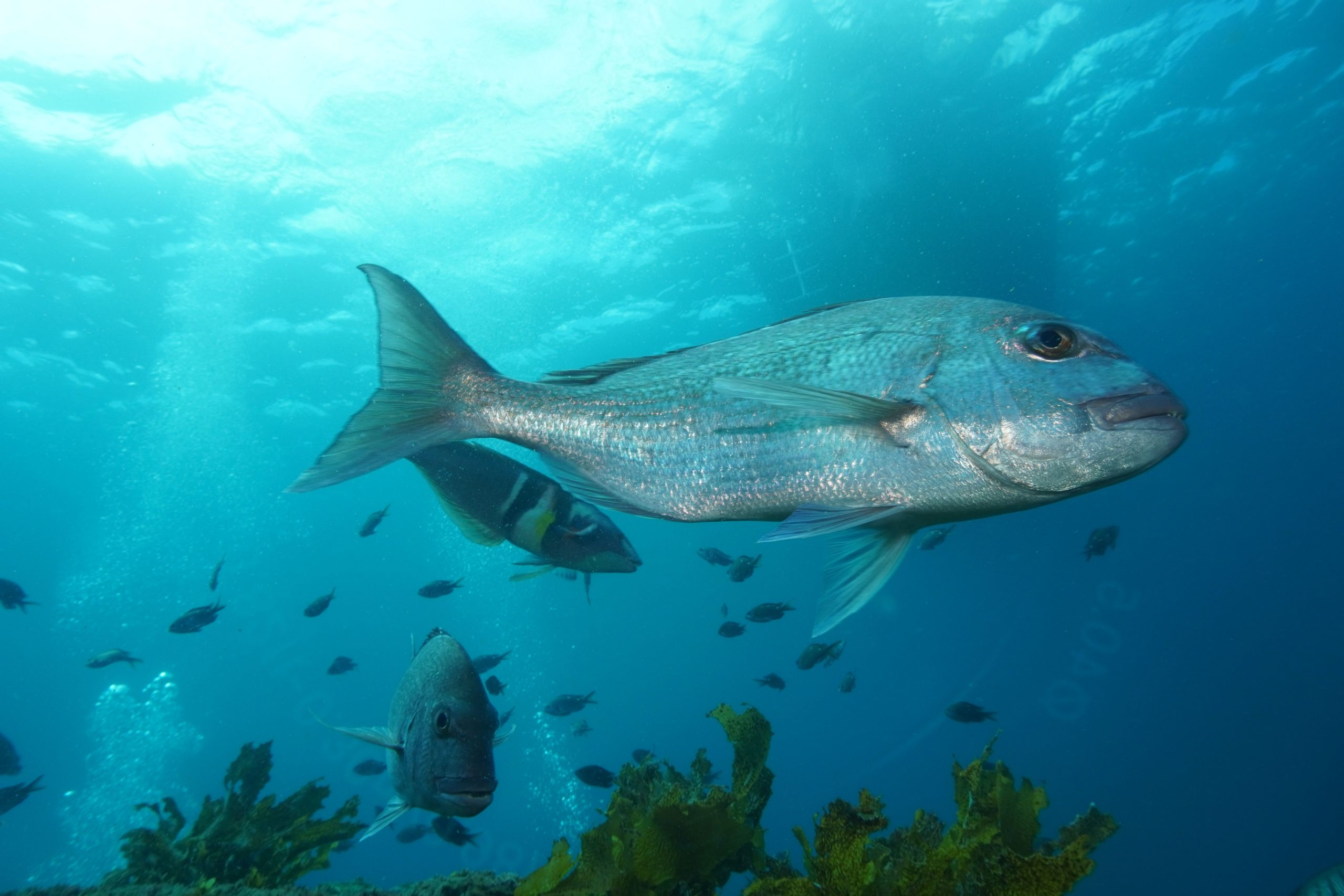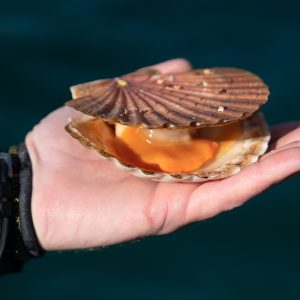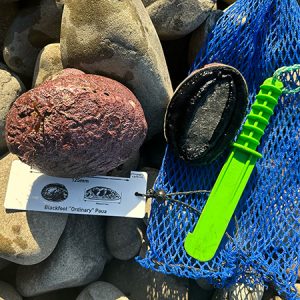Normally the opening of scallop season generates a sense of excitement. After a long, cold, dark winter the 1st September was an opportunity to dust off the dive gear and christen the new Spring with a crisp September dive… but not this year!

Late last year, Minister for Oceans and Fisheries, David Parker acknowledged the precarious state of our scallop populations. He issued an emergency closure which saw the last commercially fished scallop beds in the entire country shut.
How did we get here? In the 36 months prior MPI had doggedly dismissed the communities’ concerns that overharvest and the ongoing use of Victorian Box Dredges were destroying the scallop habitat.
Coromandel kicked the hive. It was collaboration between local iwi Ngāti Hei and the community that successfully saw a rāhui placed over Opito Bay scallops. This was soon applied to the whole rohe, all 2400 square kms. Other rāhui followed in the Gulf until the Minister’s decision was inescapable.
Why was it left up to the community to state an intervention? Simple, under the 1986 Quota Management System, scallop quota was overallocated and it remains legal for the commercial fishing industry to use Victorian Box Dredges. Fast forward 30 years, the scallop populations have declined dramatically and the habitat has been dramatically altered.
David Parker’s decision was the right one. However, after an emergency closure you would think that MPI would be scarlet faced and apologising profusely to the scallop fishers who lost their jobs and the community leaders who advocated for change.
No such luck. In the past few weeks the new Minister for Oceans and Fisheries, Rachel Brooking has been busy in what seems to be an attempt to secure the ongoing use of destructive fishing techniques such as scallop dredging for the foreseeable future.
On the 7th August Brooking announced the Commercial Fishing Industry Transformation Plan. In which the government proposes taxpayers fund the development of bigger vessels capable of trawling or dredging longer and catching more. Incredibly scallops are not even referenced in the plan. Another opportunity missed.
A few weeks later, the government announced the Revitalising the Gulf Fisheries Plan??. In this a ban of recreational scallop dredging was proposed due to the environmental damage caused, but, once again there was no mention of transitioning from commercial scallop dredging. The silence was deafening.
The scallop fishery is closed, clearly the Quota Management System is not working. Now would be the ideal time for change. If the desecration of an entire industry is not enough, how much more evidence is required?
A meaningful transition doesn’t have to be complicated. The government only has to:
- Buy back all the quota. The scallop fishery is closed, the quota cannot be fished or leased therefore it has no value.
- Ban commercial scallop dredging. For both commercial and non-commercial scallops. Allow only hand gathering. .
- Establish a commercial licensing system.
- If the fishery recovers enough to reopen then scallop licences can be applied for.
- Only owner- operators could apply for a licence. They would not be allowed to sub-lease it. They would fulfil their catch entitlements.
- No consolidated quota ownership means the fishers can sell their scallops to the customer prepared to pay the highest price.
- As part of any treaty settlement claims, Iwi who owned quota previously would be entitled to a percentage of this licence income.
Such a transition could generate wide scale support if people understood the benefits of removing destructive fishing techniques. Hand gathered scallops would become a high value delicacy and demand a premium, and a licensing programme would establish a revenue stream for the government and create local business opportunities.
If only we had leaders with the courage to make bold decisions and show leadership. Until then, the 1st of September will remain a day of reflection for what we have lost and what it could have been.





